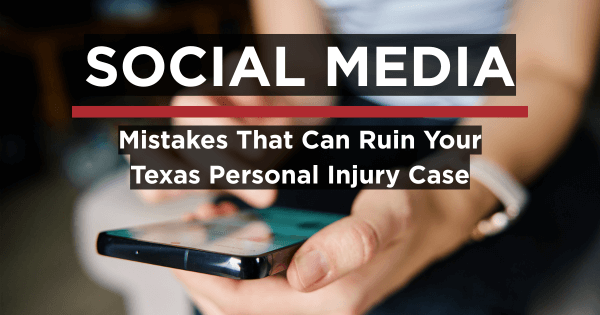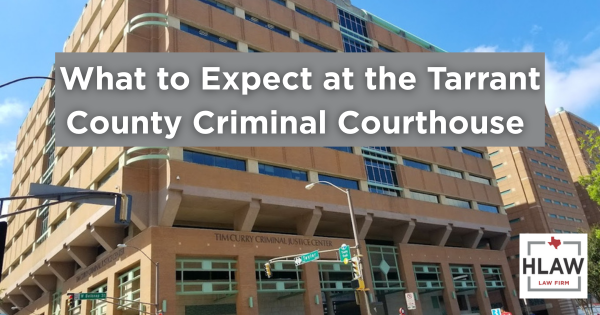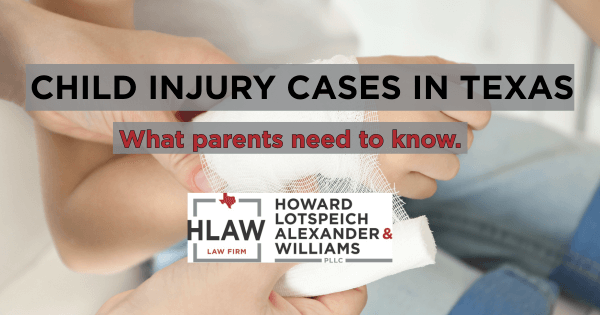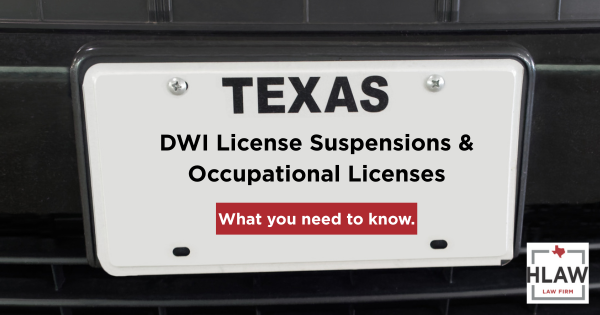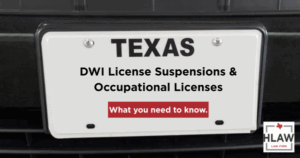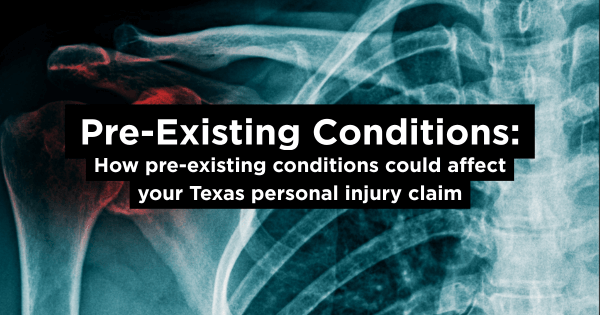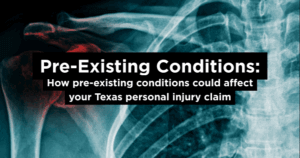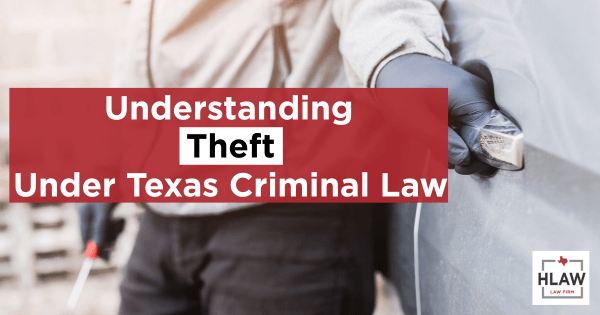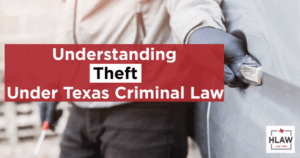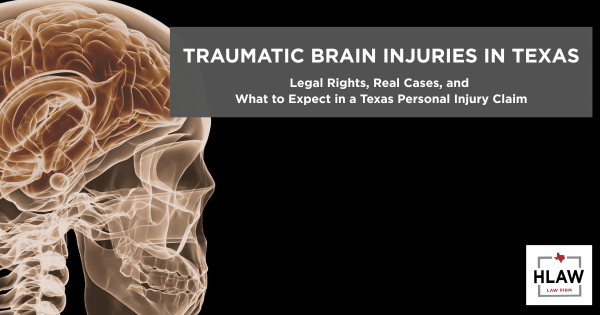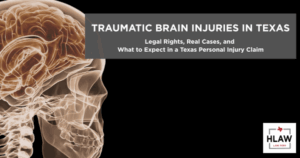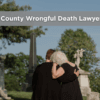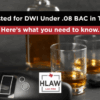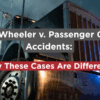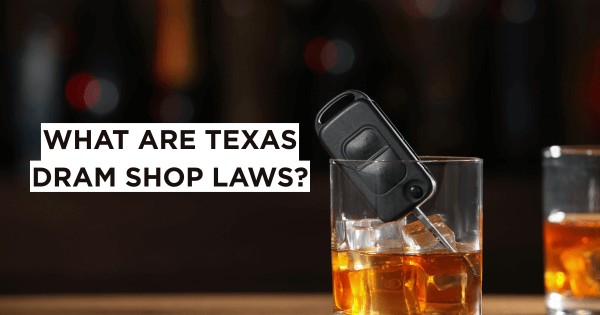
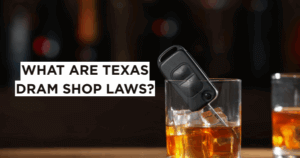
When a night out turns tragic, accountability matters. Under Texas Dram Shop Laws, bars and restaurants may be held liable for over-serving intoxicated patrons who cause drunk driving crashes. Know your rights—and the law.
Drunk driving crashes can shatter lives in seconds—and while the intoxicated driver is the most obvious party at fault, Texas law recognizes that others may share responsibility too. In some cases, bars, restaurants, or other alcohol-serving establishments can be held liable for over-serving someone who later causes a wreck.
This is where Texas dram shop laws come in. If you or a loved one has been injured by a drunk driver, understanding how these laws work may open the door to additional compensation and accountability.
Below, we break down when and how bars can be held liable for drunk driving accidents in Texas, what the law requires to prove liability, and what victims should do after a crash.
What Is a “Dram Shop” in Texas?
The term “dram shop” comes from an old British term for establishments that sold alcohol by the dram (a small unit of liquid). In modern Texas law, a dram shop refers to any business licensed or permitted to sell or serve alcohol—such as a bar, nightclub, or restaurant.
The Texas Dram Shop Act – Key Statute
Texas dram shop liability is governed by the Texas Alcoholic Beverage Code § 2.01–2.03. The most important provision is § 2.02, which lays out the circumstances under which an alcohol provider can be held liable for the actions of a drunk patron.
📜 Texas Alcoholic Beverage Code § 2.02(b):
A provider of alcoholic beverages may be liable if:
- It was apparent to the provider that the individual was obviously intoxicated to the extent that he presented a clear danger to himself and others, and
- The intoxication was a proximate cause of the damages suffered.
In simpler terms: if a bar over-serves a customer who is clearly drunk, and that customer causes a crash, the bar could be on the hook.
What Is “Obvious Intoxication”?
This is the central question in most dram shop cases.
The statute requires that the signs of intoxication be visible and apparent to a reasonable person. That might include:
- Slurred speech
- Staggering or stumbling
- Aggression or impaired motor skills
- Inability to pay or communicate clearly
- Drinking multiple shots or rounds in a short period
If the server or bartender continues to serve alcohol despite those warning signs, the business can be found liable under the Dram Shop Act.
Can Social Hosts Be Liable Too?
No, not usually. Texas law draws a sharp distinction between licensed alcohol providers and private individuals.
Under § 2.02(c) of the Alcoholic Beverage Code, social hosts are not liable unless they provide alcohol to a minor under 18, and they are not the minor’s parent, guardian, or spouse.
What About “Safe Harbor” Protections for Bars?
Texas law also includes a “safe harbor” defense under Alcoholic Beverage Code § 106.14. An establishment may avoid liability if it can show that:
- It required its employees to attend a Texas Alcoholic Beverage Commission (TABC)-approved training program,
- The employee actually attended that training, and
- The employer did not encourage or pressure the employee to violate the law.
However, this defense does not apply if the bar did not follow proper policies, failed to train its staff, or actively encouraged overserving.
How Dram Shop Claims Help Drunk Driving Victims
A drunk driver may be uninsured, underinsured, or financially unable to pay for the full extent of a victim’s injuries. A dram shop claim can provide another source of financial recovery.
Victims may be able to recover compensation for:
- Medical expenses
- Lost wages or earning capacity
- Pain and suffering
- Punitive damages (in some cases)
Importantly, a dram shop case can also highlight unsafe practices and force establishments to improve their policies to protect the public.
Real-World Example
Imagine a man is served 10 drinks over the course of two hours at a local bar. He’s slurring, stumbling, and knocks over a barstool—but the bartender keeps serving him. On the way home, he crashes into a family’s vehicle, severely injuring the driver.
In this case, the bar may be found partially or fully liable for those injuries under the Texas Dram Shop Act. An experienced personal injury attorney can help gather surveillance footage, witness testimony, and receipts to prove the case.
How Long Do You Have to File a Dram Shop Claim?
Dram shop cases are subject to the Texas personal injury statute of limitations—generally two years from the date of the crash (Texas Civil Practice & Remedies Code § 16.003).
But early investigation is critical. Evidence like video footage, employee schedules, and receipts may disappear quickly. If you believe a bar may have contributed to a drunk driving crash, speak with a qualified attorney as soon as possible.
Final Thoughts
Texas takes drunk driving seriously—and that includes holding alcohol providers accountable when they put profits over public safety. If you’ve been injured by a drunk driver, a dram shop claim may help you find justice and financial relief.
At HLAW, our attorneys understand the emotional and financial toll of a serious crash. We know how to investigate dram shop liability and build strong cases that hold negligent bars and restaurants accountable.
📞 Injured by a Drunk Driver? Call Us Today.
We offer free consultations and handle personal injury cases on a contingency fee basis. Contact us today to see how we can help.

